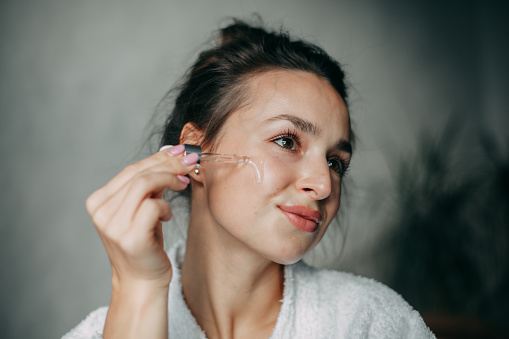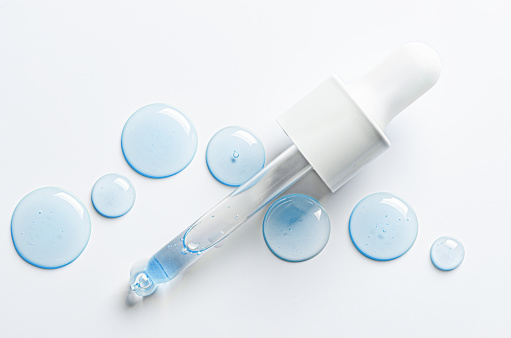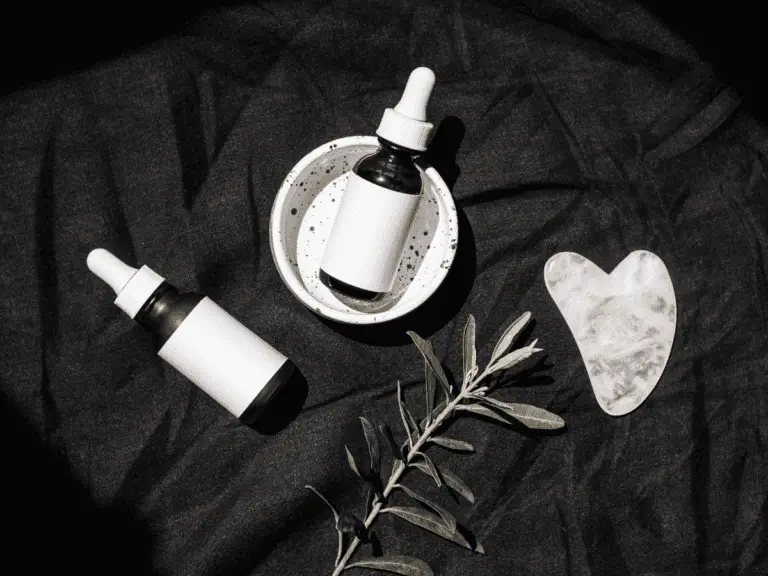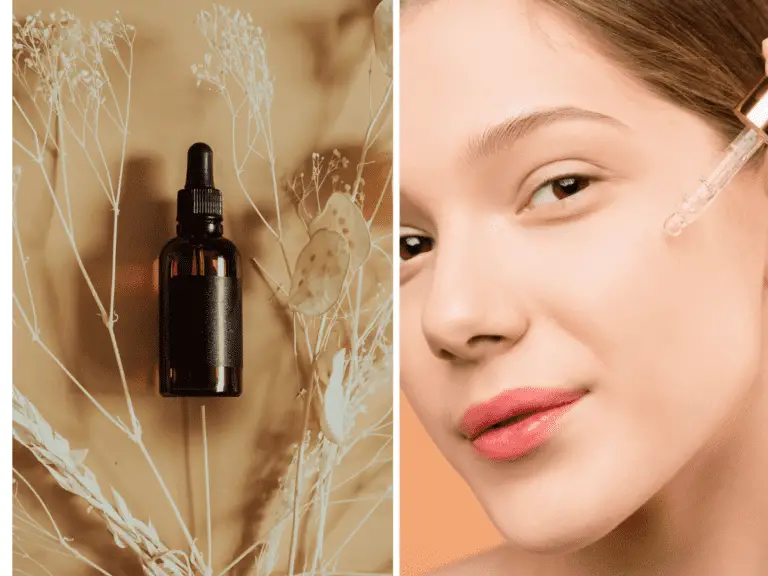If you want to improve your skin, you may have come across niacinamide.
But what is niacinamide, and what does it do for your skin?
Keep reading to learn everything about niacinamide and how it can benefit your skin.
What is niacinamide?
Niacinamide, also known as nicotinamide, is a form of vitamin B3.
It’s found in many foods, and you can also take it as a supplement.
Niacinamide has many uses but is most commonly used for skin care.
Niacinamide can help improve the appearance of your skin by reducing inflammation, improving moisture levels, and increasing the appearance of fine lines and wrinkles.
Niacinamide is a safe and effective ingredient used by people of all skin types.
Niacinamide can be found in many over-the-counter products, including serums, moisturizers, and sunscreens.
Niacinamide may be a good option if you want to improve your skin health and appearance.
What are the benefits of niacinamide?
The topical niacinamide benefits:
- Treat skin conditions like acne, rosacea, acne scars, and open pores.
- Help improve the skin barrier, appearance of skin texture, and tone.
- Reduce fine lines and wrinkles.
- Diminish the appearance of dark spots, uneven skin, and hyperpigmentation.
- Soothe inflamed skin.
- Niacinamide is suitable for all skin types.

The drawbacks of niacinamide:
- Niacinamide may not be effective for treating severe acne or acne scars.
- Some people may be allergic to niacinamide and experience rashes or hives.
- It makes the skin sensitive to sunlight.
What does niacinamide do for acne?
Niacinamide can be found in many over-the-counter acne treatments. It works by keeping the skin’s surface clean and clear of blemishes.
Topical niacinamide may reduce the redness and inflammation associated with acne. It can also help to prevent the formation of new acne breakouts.
Niacinamide may be used as a spot treatment or as a part of a daily skincare routine.
It can also help to prevent the formation of new acne lesions.
Niacinamide may also help to improve the appearance of acne scars.
If you want to use niacinamide to treat acne, you must speak with your dermatologist first. Niacinamide is generally considered safe for most people.
Still, it is always best to get expert advice from a medical professional before starting any new skin care regimen.
What does niacinamide do for oily skin?
Niacinamide helps regulate sebum production by reducing the activity of the oil-producing sebaceous glands. This can help control excess oiliness and improve the skin’s overall appearance.
In addition, niacinamide can help to reduce inflammation and redness associated with acne.
Pores are small openings in your skin that allow oil and sweat to escape. When they become clogged with dirt, dead skin cells, and oil, they can appear larger and more noticeable.
Niacinamide can help improve pores’ appearance by keeping them clear and debris-free.

Does niacinamide lighten your skin?
A study has found that niacinamide is an effective skin-lightening compound. Niacinamide inhibits melanosome transfer from melanocytes to keratinocytes.
It means it can reduce dark spots and even your skin tone.
The study was conducted by applying niacinamide to the skin of 18 participants for 4 weeks.
The results showed that niacinamide could significantly lighten the skin and improve the overall complexion.
Additionally, there were no adverse side effects reported.
These findings suggest that niacinamide is a safe and effective way to lighten your skin. Niacinamide may be worth trying if you want a natural way to even out your complexion.
How to include niacinamide in your skincare?
You should look for skincare products that contain niacinamide, like niacinamide serum, cream, or lotion.
You can also find niacinamide in skin care products that contain other ingredients like hyaluronic acid or retinol. Be sure to apply these products to clean, dry skin.
Niacinamide serum with the right formulation and percentage will be a choice for faster results.
If you have sensitive skin, start using niacinamide a few times a week and gradually increase it to daily use. Niacinamide is safe for almost all skin types and has minimal side effects.
You can include niacinamide supplements in your diet.
Can you use niacinamide every day?

Yes, as long as you use the right concentration for your skin type. If you have sensitive skin, it is best to start with a lower concentration of niacinamide and work your way up.
Niacinamide can be used with other active ingredients but should not be mixed.
What do niacinamide and zinc do together for your skin?
Niacinamide and zinc are two important nutrients for skin health. Niacinamide is an essential nutrient that helps keep skin cells healthy.
Zinc is a mineral that helps to protect skin from damage and keep it looking young and radiant.
Niacinamide and zinc work together to keep skin looking its best. Niacinamide helps to repair damage and keep skin cells healthy, while zinc protects against further damage.
Together, these nutrients help to keep skin looking radiant and youthful.
Is niacinamide good for all skin types?
Niacinamide is good for all skin types. It is also an effective way to treat acne, reduce wrinkles, and improve overall skin texture. It is also non-comedogenic, meaning it will not clog pores.
Niacinamide is a safe, gentle, and affordable option to include in a skin care routine for anyone looking to improve their skin health.







